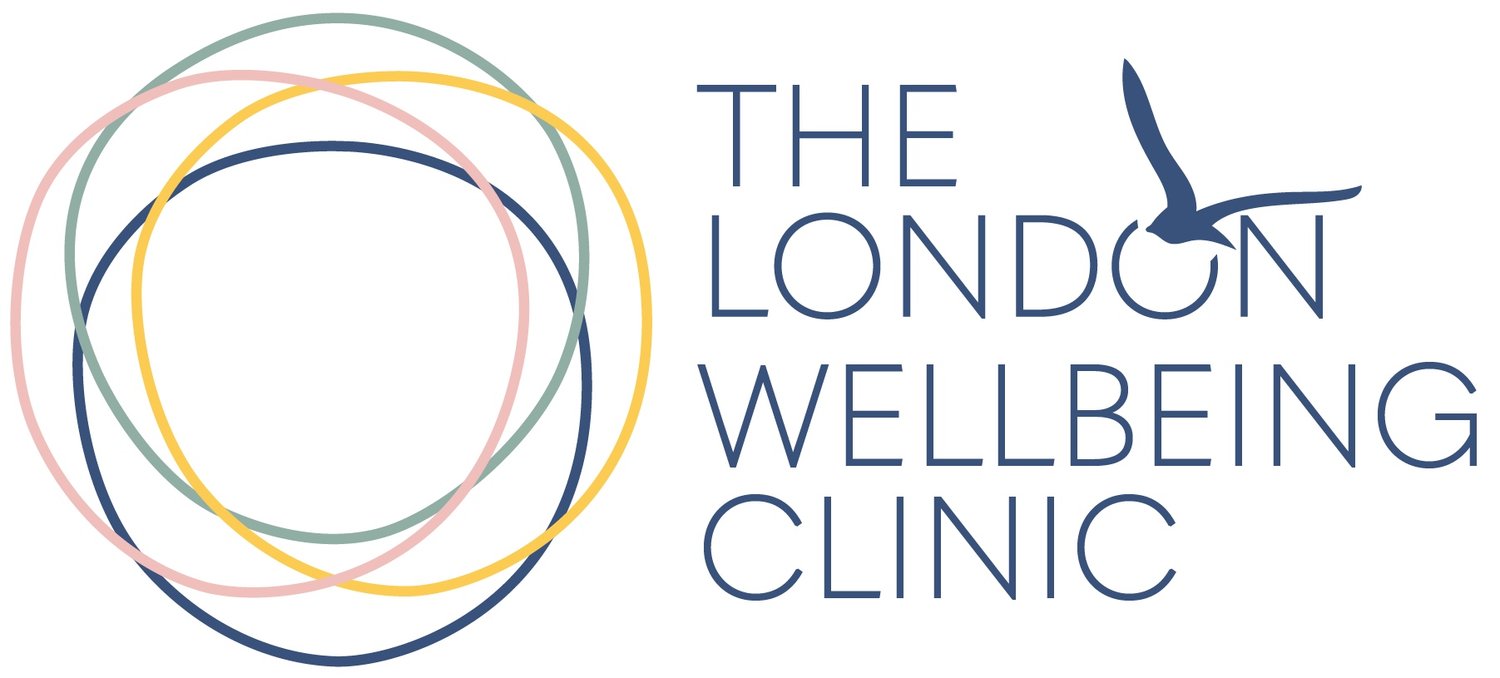Do you ever feel like you are living someone else’s life? Or that what you’re doing doesn’t fit right with you?
How do you know that you are being, or not being, authentically you?
One way we start to explore this is by considering your values. What do you value in life? It’s a big question, but our values tend to be a big part of forming our identity.
Think back to the happiest moment in your life… what were you doing? Who were you with? How were you living?
Spend some time building up this image in your mind. Write it down or talk it through with someone. Allow those emotions from that time come back to you and try to step back into those shoes you were wearing at your happiest time. Pick a specific moment, be mindful about it and use all of your senses. What can you see, hear, taste, smell, feel?
Let’s take an example of Tabitha (name changed for confidentiality): Tabitha is currently 38 years old and is currently feeling ‘lost’ in her life. She wonders who she has become, and although her life is generally happy, with a good job, marriage and family, she often feels that she is missing something in life.
Tabitha thinks back to a time when she was really happy. She is 28 years old and has taken a gap year. She is working in a remote village in a third world country where she is volunteering to teach English and art. Every day she wakes up in a hut with just basic amenities, and she spends her days teaching children in a schoolroom that has no air-con. When asked to discuss a specific memory, Tabitha feels truly happy. She sees children smiling, and feels a warmth in her heart that feels ‘right’. She can feel the warmth on her skin, the smell of people, and the taste of her basic meal on her tongue, but she feels strong in her body, and has a sense of ‘lightness’ within her.
Think about what her values are and how they are being fulfilled in this situation. Why is she feeling so happy?
Tabitha describes that it is the sense of caring for others that she values. Of feeling free, living simply, and feeling connected to her artwork, environment and other people.
We can then start to discover what Tabitha’s values are now. Tabitha states that she values caring for others, being a Mother, getting a sense of fulfilment from her work, travelling, having new experiences, spending time with friends and family, being creative with her art, caring for the environment. We start to get a sense of her values, and can build up a wider picture of who she is by what she values.
Think about how you can do this for yourself. This would be a great time to do a vision board and look at what you value in life by using your happiest experiences. Vision boarding is a technique where you generally use a large piece of paper to right down what matters to you. You can write whatever you want, for as many categories as you want, but it may be useful to start with something along these lines:
Family/Friendships
Work
Adventure
Achievement
Wellbeing/Health
Creativity
Growth
Hope
Loving
Self-control
Self-acceptance
Wealth
Once you have gained access to your values, it’s time to complete a reality check and see if you’re living in line to them. Are you feeling fulfilled as a person? Are you fulfilling your values?
In Tabitha’s case, we noted she enjoyed the caring role as a Mother, but felt that her work as a designer, which gave her a sense of fulfilment in her career, ‘took away’ from her time spent with her daughter. Tabitha noticed that she spent a lot of time feeling guilty about not being with her daughter, which made her feel less fulfilled in her career.
We also noticed that Tabitha was travelling less, which she felt was natural due to being a family, and hadn’t painted since before her daughter was born.
Looking at her vision board, Tabitha decided to try to realign herself with what she values and makes her happy by setting aside some time to herself each week to paint again. She also began planning trips to the Countryside, and looking into volunteering work as a mentor. In terms of the guilt she felt about being a Mother and working, Tabitha stated that she really valued being at work, which was something she wanted to role model to her daughter. She started to feel a little more secure in letting go of the guilt when Tabitha was able to state to herself that it’s ok to have both sets of values, and didn’t need to feel guilty about either.
Looking at your own vision board, how can you realign yourself with your values? This may be obvious, or it may be subtle. Give yourself some time and space - you don’t have to have all of the answers right away.
